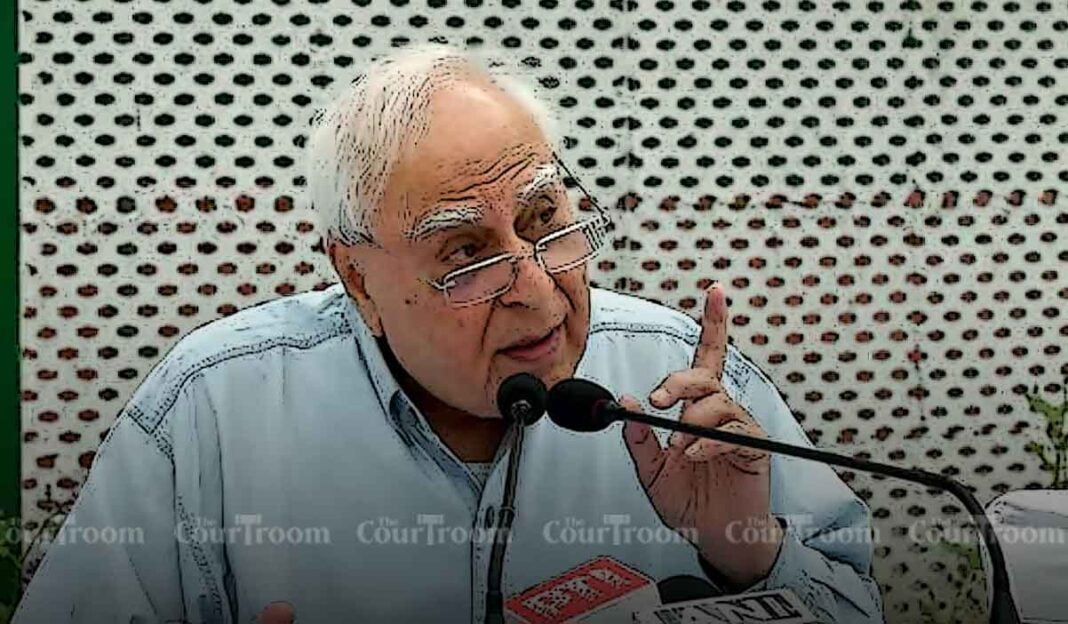Kapil Sibal Criticizes New Criminal Laws as Totalitarian
Kapil Sibal, a prominent senior lawyer and president of the Supreme Court Bar Association (SCBA), has sharply criticized the recently enacted criminal laws in India, labeling them as indicative of a shift towards totalitarianism. The new legislation, including the Bharatiya Nagarik Suraksha Sanhita (BNSS), Bharatiya Nyaya Sanhita (BNS), and Bharatiya Sakshya Adhiniyam (BSA), has been condemned by Sibal for its perceived oppressive nature and its potential erosion of constitutional values and federalism.
Sibal questioned the necessity of these new laws, expressing concern that they undermine the principles of justice and fairness. He criticized the naming of the new Indian Penal Code (IPC) as Nyay Sanhita, arguing that it misrepresents the nature of the legal system, which he believes should focus on justice rather than mere punishment. According to Sibal, the title of the new code is misleading and does not reflect its true function.
He also expressed alarm over provisions allowing criminal cases to be initiated and investigated from any part of the country, regardless of where the alleged offence occurred. Sibal warned that such provisions could be used to target political opponents and could lead to misuse of the legal system.
Moreover, Sibal raised concerns about the extended duration for which an accused can be held in police custody under the new laws—ranging from 60 to 90 days, compared to the previous 15 days. He questioned if any other country permits such lengthy detention without a trial, highlighting that most liberal democracies adhere to a principle of swift judicial review and bail for those presumed innocent until proven guilty.
In his address at the Vidhi Centre for Legal Policy, during a lecture on “Crime and Punishment,” Sibal emphasized that these changes reflect an increasingly oppressive legal framework that undermines both the federal structure of India and fundamental constitutional principles.
(With inputs from agency)
Share your news, articles, deals, columns, or press releases with us! Click the link to submit and join our platform today.


